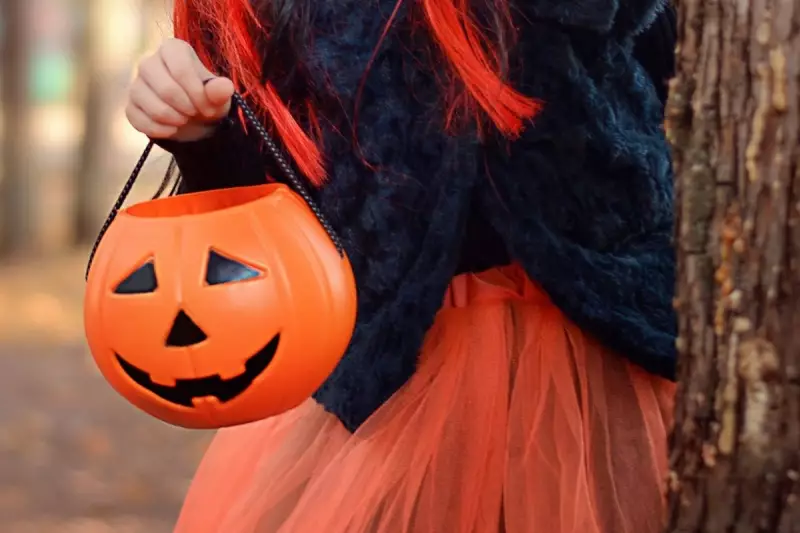
As Halloween approaches and children across Britain prepare for their annual sweet bounty, health experts are urging parents to reconsider what truly deserves a scare this spooky season. The conventional wisdom that Halloween's sugar rush represents the ultimate health horror might be missing some crucial tricks.
The Real Monsters in Your Child's Treat Bag
While sugar consumption naturally concerns parents, registered dietitians suggest we're often frightening ourselves about the wrong things. "The intense focus on sugar during Halloween creates unnecessary anxiety for parents and can spoil the festive fun," explains leading paediatric nutritionist Dr. Sarah Jenkins. "What matters more is the overall pattern of eating throughout the year, not one night of celebration."
What Research Reveals About Seasonal Sweets
Studies examining children's eating patterns around Halloween consistently show that the sugar spike is remarkably temporary. Most children naturally regulate their intake after the initial excitement wears off, and their overall dietary patterns remain largely unchanged.
"The body is surprisingly resilient when it comes to handling occasional sugar increases," notes Dr. Jenkins. "The real nutritional vampires are the everyday habits - not the seasonal celebrations."
Healthier Approaches to Halloween Happenings
Instead of declaring war on sweets, experts recommend these balanced strategies:
- Focus on the experience: Emphasise the costumes, decorations, and community aspect of trick-or-treating rather than just the candy collection
- Practice moderation, not deprivation: Allow children to enjoy their treats while encouraging balanced meals throughout the Halloween period
- Create non-food traditions: Incorporate pumpkin carving, spooky stories, or Halloween crafts as central to your celebrations
- Keep perspective: Remember that one night of extra sweets won't define your child's long-term health
The Sweet Truth About Childhood Memories
Beyond nutritional science, psychologists highlight another important consideration: the role of food in creating positive childhood memories. Halloween traditions, including the excitement of trick-or-treating, contribute to family bonding and cultural participation.
"When we make Halloween entirely about restricting sweets, we risk turning what should be a joyful childhood experience into a battleground," says family psychologist Dr. Michael Reynolds. "The memories children cherish are about the experience itself, not just the sugar content."
This Halloween, perhaps the healthiest approach isn't counting every gram of sugar but rather ensuring the festivities remain focused on fun, family, and creating spook-tacular memories that last long after the last sweet has been eaten.





